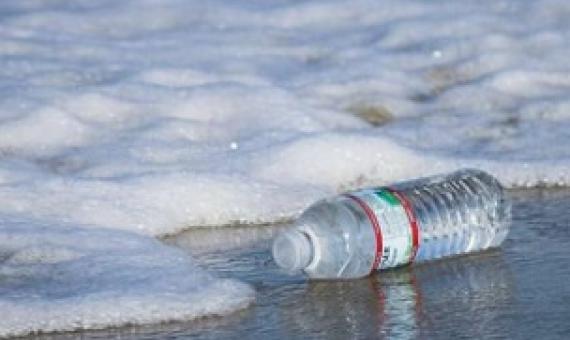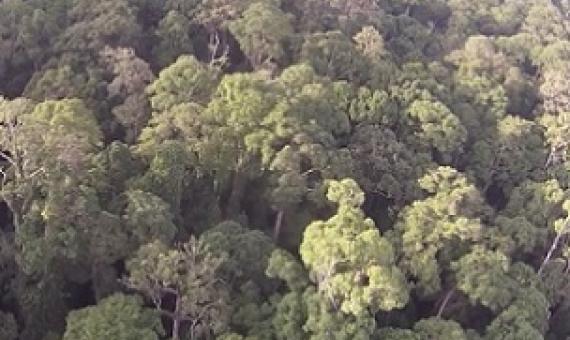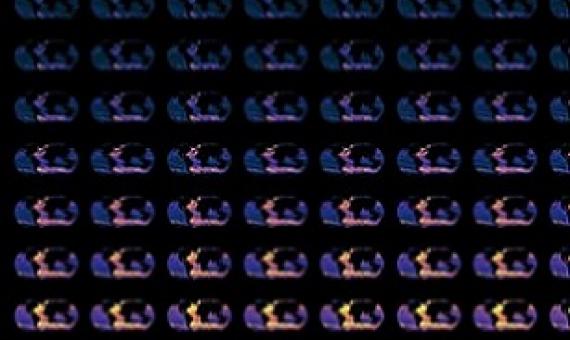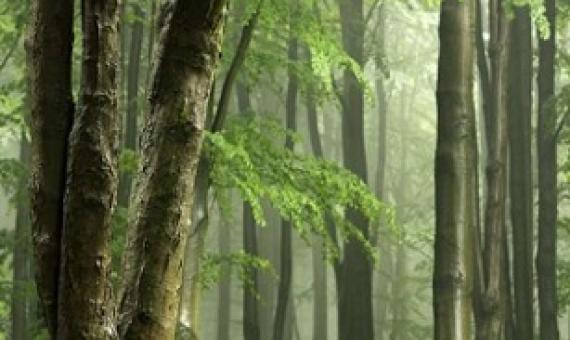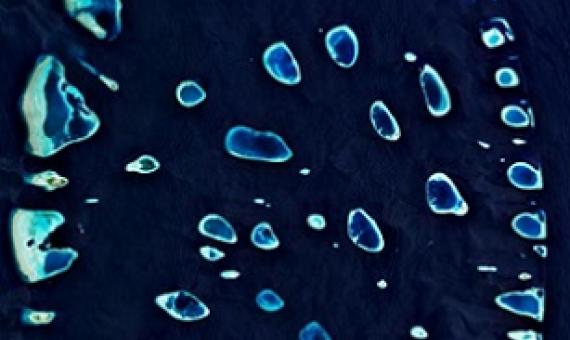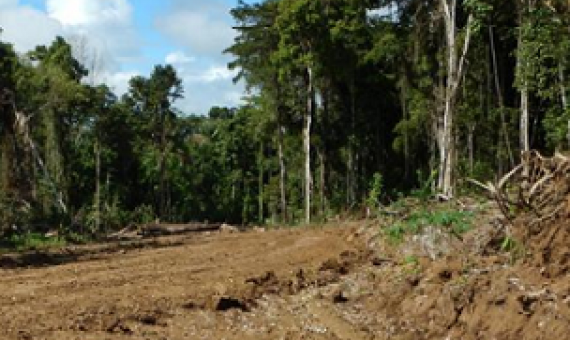A new paper suggests that the 2019-2020 Australian bushfires impacted critical habitats of more than 800 native species, with 70 species losing more than 30% of their natural range. The bushfires may have led to a 14% increase in threatened species, according to the study.
Not all the news about plastic in the ocean is what we expect. In fact it may be not quite as bad as initially thought. This comes as welcome information as we are celebrating National Science Week with an oceans theme.
Excessive nutrients, such as nitrogen and phosphorus, have devastating effects on coastal marine ecosystems by causing algal blooms that deplete oxygen in the water, killing marine life. Such nutrients can enter the sea in wastewater or run-off from agricultural land.
The healing properties of some plants used in traditional Samoan medicine have been scientifically proven in a new study. Published on Friday in the Journal of Ethnopharmacology it looked at 14 Samoan plants.The Samoa Observer reports all were found to have positive effects on wounds, burns
Key knowledge gaps exist in our understanding of how ocean microplastics transport bacteria and viruses—and whether this affects the health of humans and animals, researchers say.
More than half of the world's aboveground carbon is stored in tropical forests, the degradation of which poses a direct threat to global climate regulation. Deforestation removes aboveground carbon in the form of trees, reducing the size of global carbon stocks in the process.
The oceans play an important role in regulating our climate and its change by absorbing heat and carbon.
The world's 'best of the last' tropical forests are at significant risk of being lost, according to a paper released today in Nature Ecology and Evolution.
In the Maldives, a developing nation that lacks much local manufacturing, a single tourist produces almost twice as much trash per day as a resident of the capital city of Malé, and five times as much as residents of the other 200 populated islands, according to government statistics.
As humans diminish biodiversity by cutting down forests and building more infrastructure, they’re increasing the risk of disease pandemics such as COVID-19.

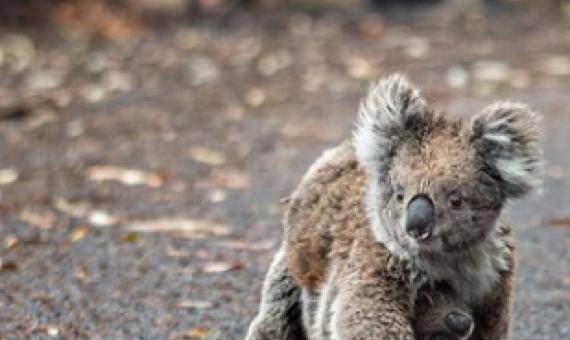
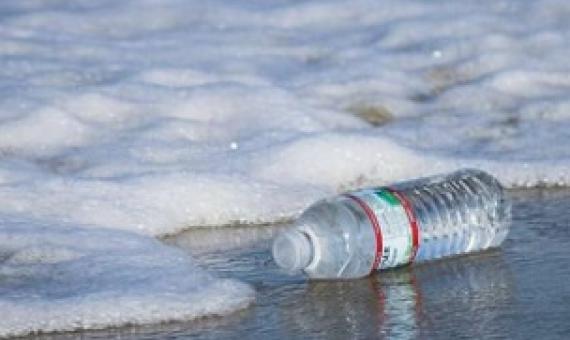
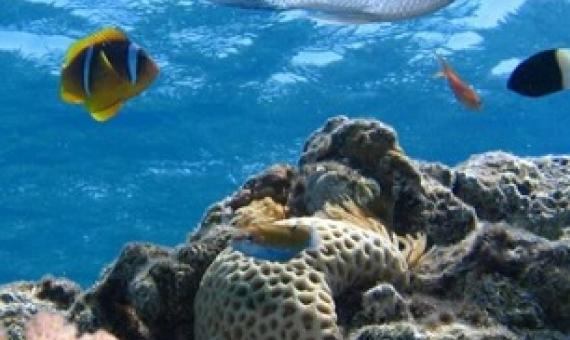
![Homalanthus nutans, or Mamala. Photo: [Mark Marathon / CC BY-SA (https://creativecommons.org/licenses/by-sa/4.0) Mark Marathon]](/sites/default/files/styles/news_teaser/public/tradPLANTS_sam.jpg?itok=W_t_Vb4j)
